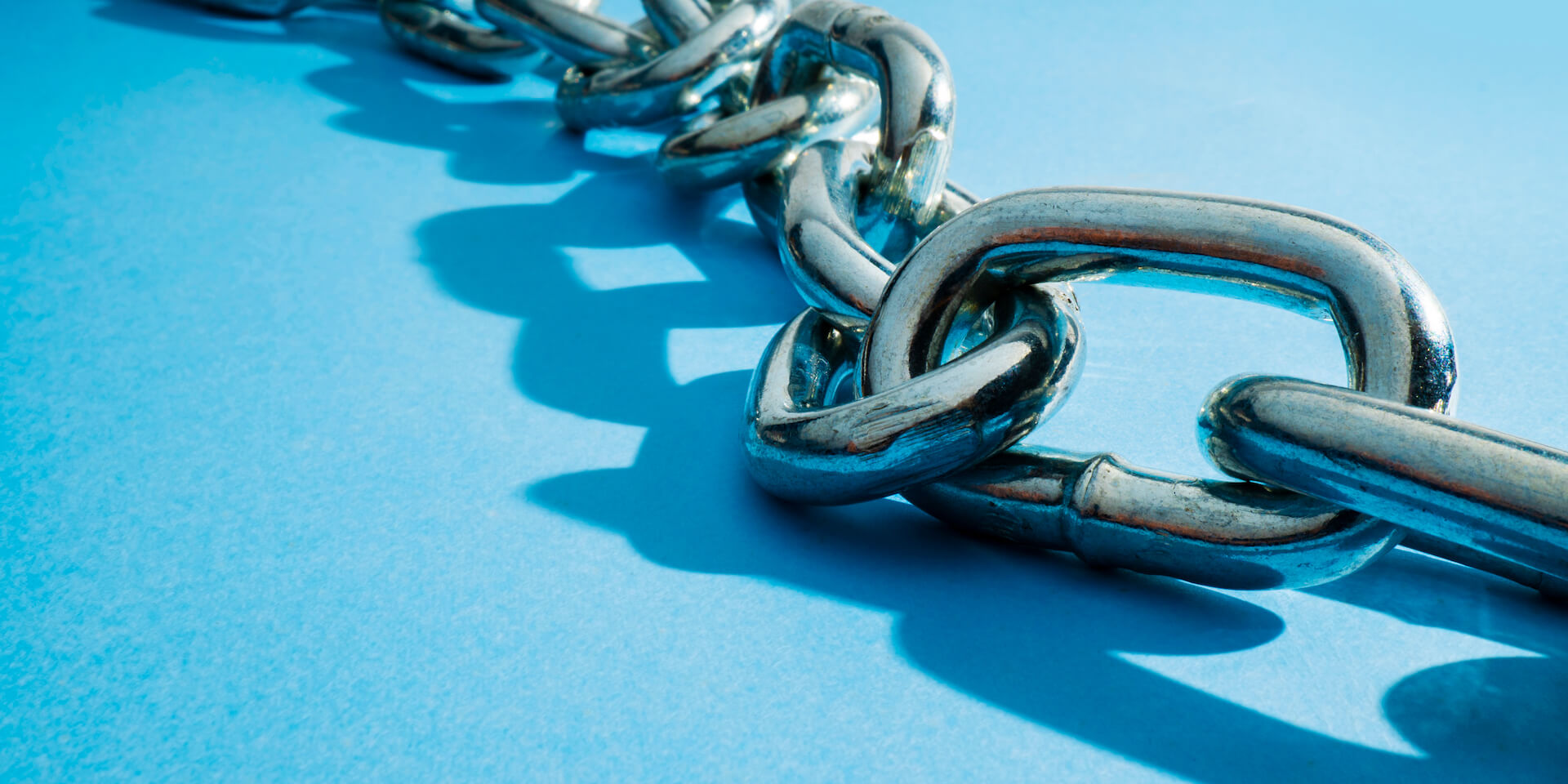These fast facts explore how change managers can develop more effective, productive, and cohesive teams, improve communication, and foster harmony.
All too often, employee development programs focus on individual knowledge and skills. But what about encouraging people to think and work more collaboratively? To think more in terms of how they fit in with their team? How they may become more of a team player? Let’s take a look at the three top fast facts that change managers should know about building great teams.
Fact 1: Collaboration and the sharing of ideas will produce more effective and productive teams
Collaboration is the defining characteristic of a great team. Without it, a team can become the breeding ground of conflict and discontent. We all know that there is no “I” in team. But as Morpheus says in The Matrix, “There is a difference between knowing the path and walking the path.” Learning programs should drive greater collaboration by prompting learners to think deeply about their role within the team. To think about the effect of what they do and say on their fellow team mates. And to reflect on the benefits that come with working collaboratively with each other. Like choosing the red pill in The Matrix, impactful learning programs should open the door to learners’ thoughts and ideas. And empower them to share those with their team. All in the name of activating behavior change and moving the team forward towards achieving its goals.
Fact 2: Listening skills improve communication and foster harmony
One of the most important skills an employee can have is the ability to listen and put themselves in the other person’s shoes. We all want to be heard and to feel like our work is having a positive impact on achieving team goals. Great learning programs get learners to practice being open to the opinions and ideas of others. To reflect on the value of differing and opposing perspectives. We all have unconscious biases and preconceived ideas. Impactful learning programs should help learners expose and unpack these biases. Great learning programs should help, to quote Morpheus again, “free your mind.” Effective team members listen to and respect each other. They are in sync. They gel.
Fact 3: Building conflict resolution skills will produce more cohesive teams
No matter how great your team is and how well they work together, conflict is bound to happen. And how each team member handles that conflict has a huge impact on the cohesion and effectiveness of the team. Impactful learning programs should model a wide range of real-life conflict scenarios. And they should offer up realistic and workable solutions. As Morpheus says, “Welcome to the real world.” Real-time experimentation and feedback helps employees to figure out what works and what doesn’t. In the process, they learn how to work better with other people. The more cohesive the team is, the more productive it is.
When selecting development programs to transform your teams, ask yourself if they activate teamwork and stimulate collaborative thinking. Do they nudge learners to put themselves in other people’s shoes? To think about things from other people’s perspectives? And to think about what impact their words and actions have on those around them? The more employees practice these skills, the more effective they will be as team players and work mates.





